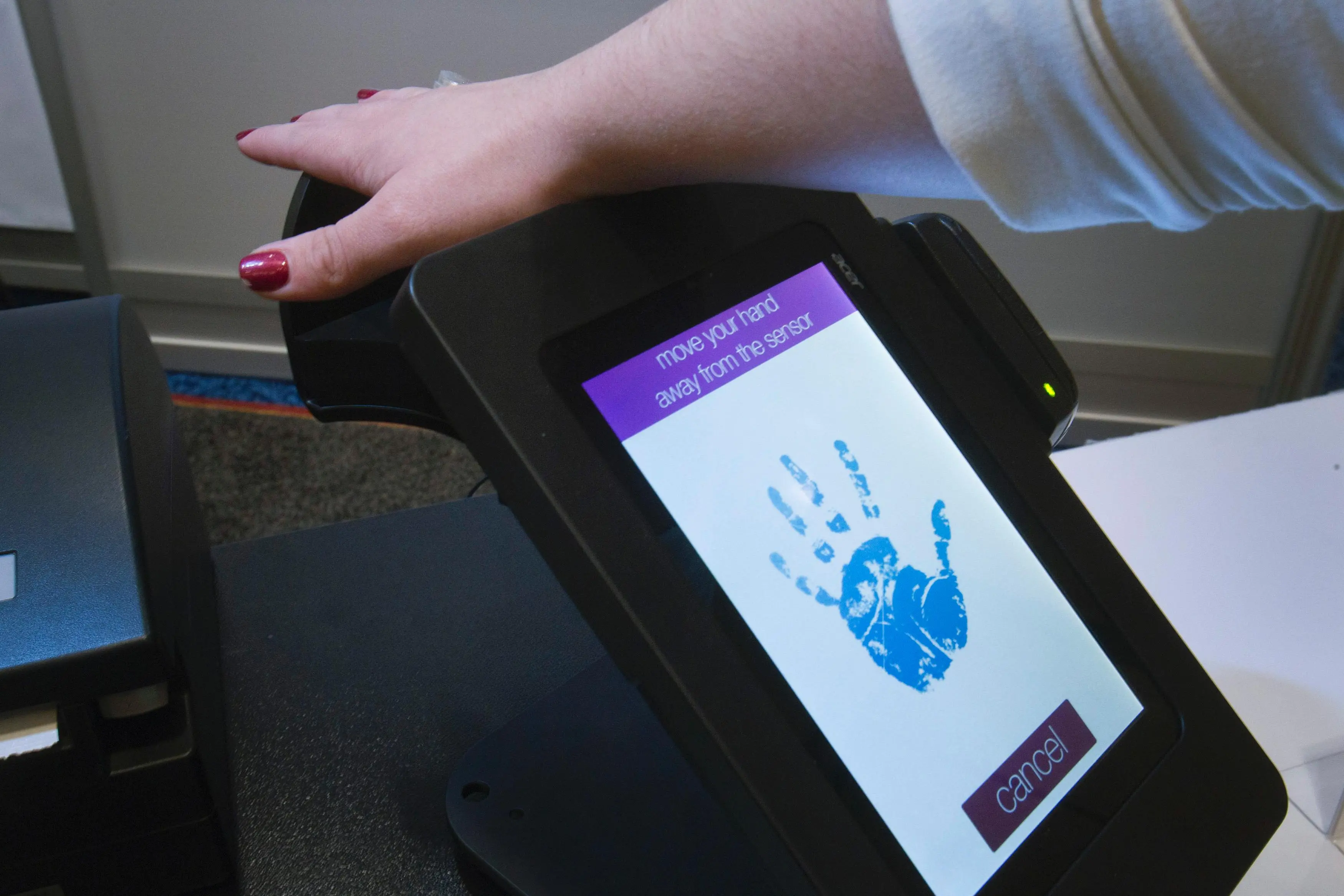PHOTO
Disruptive technology is the big buzzword in the business world right now. TripAdvisor has revolutionised the travel sector, Airbnb has opened up the room renting market and Uber has turned the taxi business on its head.
None of these companies own major assets or infrastructure, but they have changed how their industries work and rewarded their inventors with sizeable fortunes, leaving technology players to wonder: "But where's the Uber of banking?"
Chris Skinner, founder of Europe-based networking forum the Financial Services Club, posed this question at a conference in Abu Dhabi earlier this year.
"What is happening in banking? Not a lot," he told a financial audience. "Most large banks have just taken their internet services to a mobile screen or, as I like to think of it, they've taken a big-screen banking system and converted it to a small screen."
Banking customers in Gulf Arab states have failed to make the move to digital, according to the EY GCC Digital Banking Report 2015, which found that while 98 percent of customers featured in the study own a smartphone, only 14 percent use it for banking purposes.
The survey was based on around 2,000 conversations with banking customers in Saudi Arabia, the United Arab Emirates (UAE), Qatar and Kuwait, in addition to an analysis of 700,000 postings on social networks and discussions with 30 leading banks.
Evolution, not revolution
"What we discovered is that there was very little awareness of mobile banking, which is a surprise, as it is a part of day-to-day banking in other parts of the world. We have not seen such Uberisation of banking so far," Dominique Corradi, digital banking leader at EY Middle East, told Zawya in an interview.
While the big changes have not yet emerged in digital banking in the region, Corradi said small steps were being made. "It is evolution rather than revolution. We can anticipate technology replacing a number of steps."
One of these steps that could make sizeable change is the clearing system - or the time it takes for a transaction sent from one account to appear in another account - which he said could become faster and more efficient with the introduction of digital elements and processes.
"Enabling real time to happen within banks, which is not the case at the moment. These elements might change due to the new technology and could be a complete revolution and threaten a few intermediaries that we have right now," he said, adding that such a move would make transactions quicker for consumers and free up resources for banks.
Damian Hitchen, chief executive officer of Dubai-based Swissquote Bank MEA Limited, the regional online-only banking subsidiary of Swissbank Group, which also has offices in Zrich, Bern, Malta, London and Hong Kong, said local banks are starting to slowly catch up with their western rivals.
"They are starting the journey, but it is just with basic banking and I don't know any international players offering wealth management services," he said. "I think from a regional perspective the next logical step is to be able to buy a mutual fund or a stock in various markets via a smartphone. Very few of them offer that today."
Rewiring business models
A real big shift in the market would be the entry into the banking market of companies traditionally not associated with the sector, Hitchen added. In Europe, airlines such as Ryanair and supermarkets such as Tesco have gone down this route in a bid to diversify their revenue streams.
"I don't think there will be a seismic change but you may get non-bank providers. There is no reason to say why someone like Amazon for example could partner with the right people to provide payment services, plus currency conversion and access to global markets," he forecast.
Improving their digital offerings is vital for regional banks, as not doing so is a real threat to their future growth. "The disconnect between customer expectations and what banks in the GCC can deliver is more distinct than ever," Robert Abboud, MENA financial services advisory leader at EY, said in a statement, pointing out that failure to adequately address the digital demand could directly impact banks' profit levels.
"Addressing customer needs in an increasingly digital world means disrupting and rewiring existing business models for a fresh customer experience. Our research suggests that up to 50 percent of retail banks' net profit could be at stake," he said.
The urgency of this need was also demonstrated by the fact that loyalty is already low among bank customers. The EY survey found that 78 percent of respondents said they would switch banks if a rival had a superior digital offering, while 64 percent said they would feel comfortable switching to a digital-first bank and could do without a physical branch is the service was good enough. With customers willing to move if they are not happy, the motivation is now on the region's banks to step up to mark and find that revolutionary digital offering that will draw in the crowds.
Zawya 2016





















